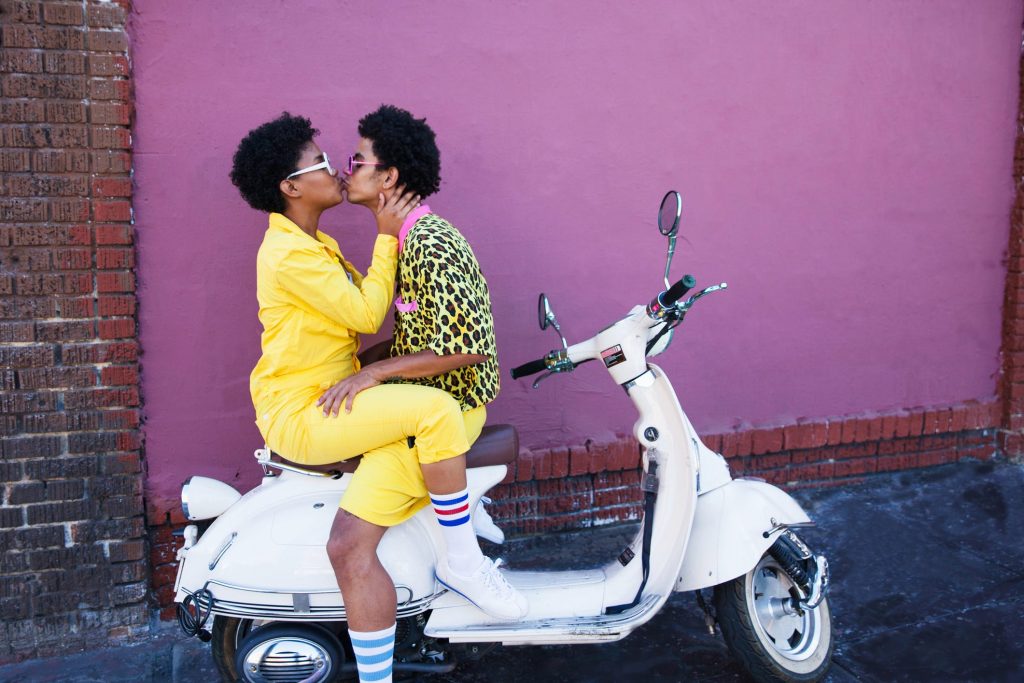
- Gary Swidler, Match Group's CFO and COO, said summer 2022 could finally be "that summer of love."
- Swidler made the comment during an earnings call, but clarified his projection in the Q&A.
- He said whether we see a romantic summer depends on people's comfort dating post-Omicron.
Singles who'd banked on a hot vax summer in 2021 may have better luck in summer 2022, a dating app executive suggested earlier this month.
Gary Swidler, the chief financial officer and chief operations officer of Match Group, which owns and operates dating platforms including Tinder, Hinge, and OKCupid, made the comment during his company's 2021 fourth quarter earnings call on February 2.
"There remains much uncertainty about what happens next with the pandemic, but we have increased confidence that while the first part of 2022 may be tougher than we initially anticipated, the second half could be stronger," Swidler said.
"We're hopeful that once we get past the effects of Omicron, we could even have that summer of love that we had expected back in 2021 after the vaccines were introduced," he continued.
During the question-and-answer portion of the meeting, though, Swidler tempered expectations. He said that Match Group anticipates daters to return to pre-Omicron habits, but not pre-pandemic behaviors once Omicron's impact fades.
He added that even that assumption could be too optimistic, since it's unclear how comfortable daters will feel socializing when the Omicron variant of the coronavirus is no longer dominant, and how long that dominance will last.
"And so that is a swing factor in our outlook, but we're not assuming a huge summer of love right now in our outlook," he said.
"I know a lot of people feel like as soon as we get to those warm summer months, there's going to be a real big wave [in dating app activity], but we're not forecasting that at the moment until we see some evidence that really this is over and that is how people are going to behave, but we'll have to wait and see," Swidler said.
"Right now, we're more sober on our forecast because we've been head-faked a few times, and this has been going on for a long time and no one's had a great ability to predict kind of what the pandemic brings and what the effects are."

